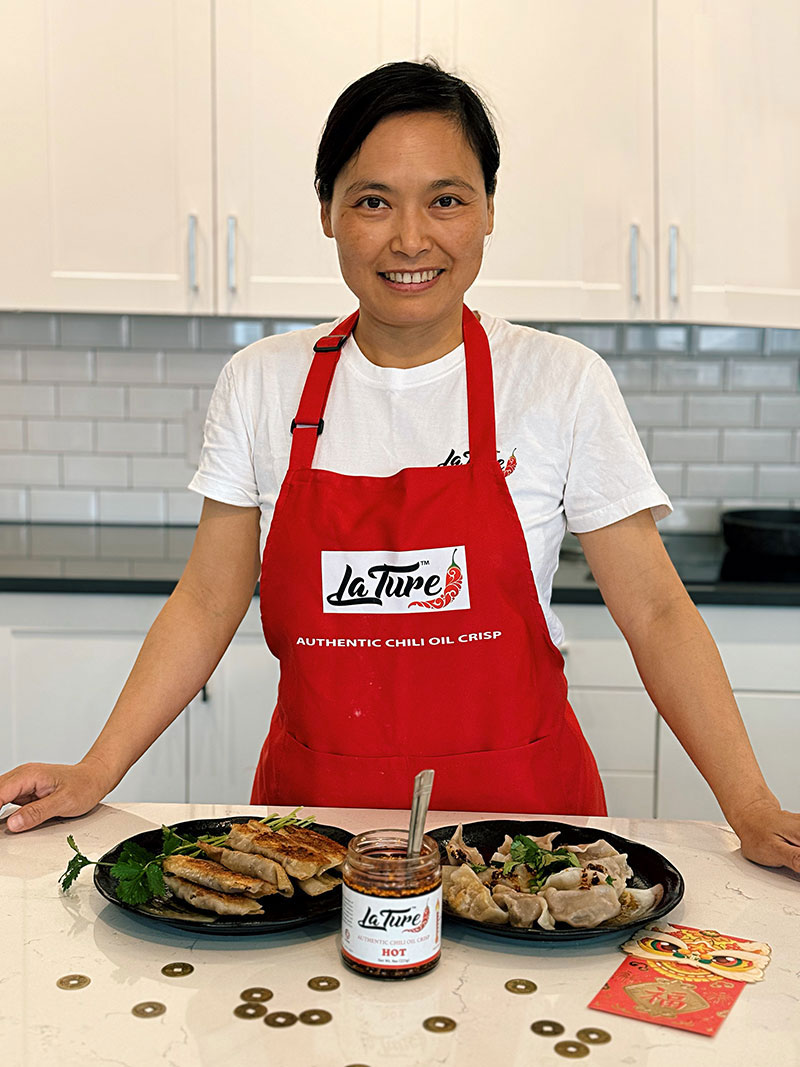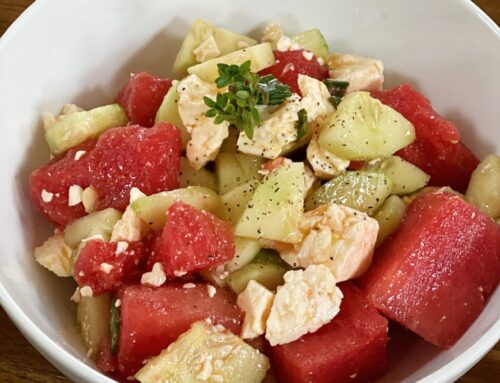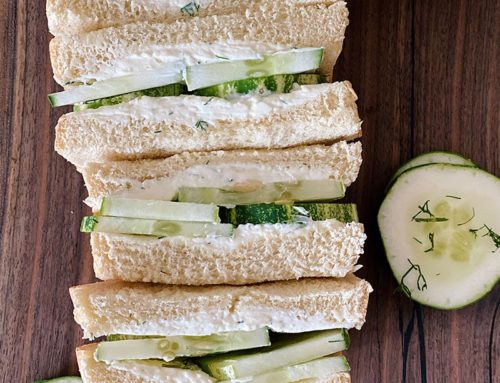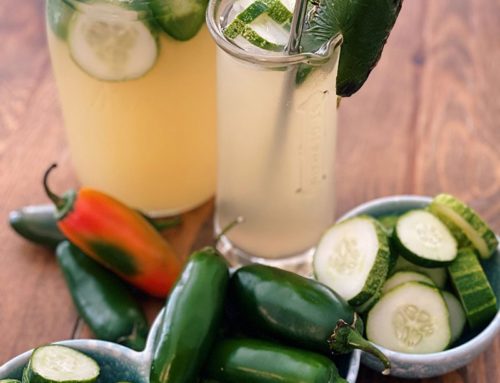Q: What inspired you to start your business, and how does your cultural heritage influence your entrepreneurial journey?
A: I grew up on the foothills of the Himalayan mountains on our family’s farm in Nepal. I learned to nurture our land, and in return, the land nurtured me.. Growing up in Nepal also taught me how to make the delicious foods of my culture. From momos to sauces, I have carefully curated recipes that honor the delicious and fresh flavors of my home. Bindu Bites aims to share these flavors with those who may have never had them before, and those who long for a familiar taste of Nepal. I noticed that the rich flavors that I hold so near and dear, were few and far between here in Texas. I would find myself feeling dissatisfied at my attempts to experience a home cooked meal the way I remembered. As the saying goes, “See a need, fill a need!” I knew my new home in Texas was yearning to experience the culinary arts of Nepal. I started Bindu Bites with the mission of crafting authentic Nepalese cuisine in a healthy and environmentally conscious way. Through Bindu Bites, the land continues to nurture me, and all those who enjoy our food. Bindu Bites continues to strive for a beautiful relationship with local and Nepalese farmers.
Q: What’s your favorite way to celebrate AAPI month?
A: I always go home to see my family in Houston, TX. It is such a beautiful time together, tending to the various produce growing in our garden. We are able to create delicious meals and enjoy them together. To top it off, sauce made out of homegrown tomatoes always has me licking my plate.
Q: How do you stay creative and inspired in your work?
A: Bindu Bites has taught me to take care of my health first. I am involved in Olympic weightlifting and I participate in competitions to keep my mind active. I see the cohesive relationship when my mind and heart is healthy. I am able to have a growth mindset with Bindu Bites, pushing the brand to new heights. This includes maintaining high quality control, doing research and development work on new products, and finding new ways to market the brand to reach more tables.
Q: What does success mean to you personally?
A: I am happy to say that my definition of success has changed after starting Bindu Bites. Success is the balance of enjoying learning and embracing failure to make better decisions. In 2021, I took a leap of faith, leaving a good accounting job, to pursue a dream. Food and agriculture have been my passion all my life, and I wanted to finally be true to that calling. I have been terrified, and elated, to take this risk, wondering sometimes if I am brave or just crazy. I knew it would not be easy, but I knew it was possible. I am proud to have put my name on my product and to have placed myself behind this brand. I have been defeated at times and set back, while other times have been filled with joy and fulfillment, making it all worthwhile. Watching people enjoy my food—and coming back for more—while being able to support and bless those around me has made it all more than worth it. And I am just getting started.
Q: What’s the most important message you’d like to share with our readers about your experiences as an AAPI business owner?
A: Becoming an entrepreneur in itself is an act of resilience. It is a complete reshaping of the mind, body, and soul, stretching and bending you to points you didn’t know existed within yourself. Burnout is a real risk in this line of work and it is important to take breaks and remind yourself that there is more to life! It is so easy to develop a negative relationship with your business if you are not careful. Give yourself grace and time to grow individually, not just professionally. Lastly, stay strong! Don’t lose your determination, because if it doesn’t challenge you, it doesn’t change you.
Q: What inspired you to start your business, and how does your cultural heritage influence your entrepreneurial journey?
The true turning point came when I learned about the unjust practices within the industry—how high-quality Nepalese teas were being smuggled into India and falsely labeled as Darjeeling tea to be exported out to the US and other markets. This not only misrepresented the origin of these teas but also denied the Nepalese producers fair recognition and market access. Witnessing how our own family business was affected by these practices propelled me to act. I saw an opportunity to address this injustice and give Nepalese tea the global platform it deserved.
By founding Danfe Tea in Dallas, I aimed to bridge the gap between Nepalese tea producers and international consumers, promoting transparency and integrity in the trade. This endeavor is deeply influenced by my Nepalese roots and a desire to honor and elevate our tea heritage on a global scale. My cultural background not only guides the ethos of my business but also enriches the connection our customers have with each cup of tea, knowing its story and its journey from the Himalayan highlands to their cups.
Q: What’s your favorite way to celebrate AAPI month?
A: I particularly enjoy attending local festivals that showcase traditional performances, arts, and cuisine from various Asian and Pacific cultures. It’s a fantastic way to immerse oneself in the traditions and experiences of different communities. Additionally, I like to support AAPI-owned businesses, whether by visiting local Asian markets or dining at restaurants that offer authentic dishes.
Q: How do you stay creative and inspired in your work?
A: The First thing I want to point out is my morning routine. Having a morning routine has significantly enhanced my personal development by instilling discipline and providing a structured start to my day. It allows me to prioritize tasks, focus on self-care, and set a positive tone for the hours ahead. This consistency not only boosts my productivity but also enhances my mental clarity and helps in maintaining a balanced lifestyle. By dedicating time each morning to activities that nourish both my body and mind, I’ve noticed an improvement in my overall well-being and efficiency.
And, To maintain creativity and inspiration in my work, I actively engage with the origins and traditions of our product by making frequent trips to Nepal. These visits allow me to connect personally with tea farmers, understand their techniques, and explore the rich landscapes that influence our teas. This direct engagement not only deepens my appreciation but also sparks innovative ideas for our products and marketing strategies.
Additionally, I make it a point to stay informed and ahead in the industry by attending various tea conferences and seminars. This exposes me to emerging trends and cutting-edge innovations that I can integrate into our business. Reading plays a crucial role as well; I delve into both historical texts and contemporary publications about tea cultures around the world as well. This continuous learning helps broaden my perspective and enhances my creative approach to developing new tea blends and marketing them in ways that resonate with both new and existing customers. This holistic approach ensures that our offerings remain exciting and authentic, bridging traditional craftsmanship with modern tastes.
Here is a link to a documentary I made on my latest tea-sourcing trip to Nepal where I discuss everything about the issues facing the Nepal Tea industry and How Danfe Tea is highlighting and solving the problem for the industry.
https://www.youtube.com/watch?v=s9m7Jwuma9A&t=242s
Q: What does success mean to you personally?
A: To me, success means making a meaningful impact that resonates both personally and professionally. Personally, it’s about staying true to my values and roots, ensuring that my work not only supports my family but also contributes positively to my community. My efforts must help elevate the lives of Nepalese tea farmers by providing them with fair opportunities and recognition in the global market, while my Customers here get the highest quality teas that elevate their tea experience and boost their well-being.
Professionally, success is about building a sustainable business that not only thrives but also sets a standard for integrity and quality in the industry. It means seeing Danfe Tea grow into a brand that is respected for its authenticity and commitment to ethical practices, and one that tea lovers trust for providing a truly exceptional product.
Q: What’s the most important message you’d like to share with our readers about your experiences as an AAPI business owner?A: The most important message I’d like to share with readers about my experience as an AAPI business owner is the value of embracing and promoting one’s cultural heritage in a way that enriches broader communities. Operating a business rooted in Nepalese tea culture has not only allowed me to share a piece of my heritage but also educate others about the unique aspects and superior quality of Himalayan teas. This endeavor underlines the importance of authenticity and storytelling in creating meaningful connections with consumers.
I emphasize the importance of conducting business with integrity, especially in industries where exploitation is common. Adopting ethical business practices can drive positive change. For fellow AAPI entrepreneurs, I recommend using your unique cultural background as a strength, sharing stories that resonate broadly, and striving to make a positive impact both locally and globally.
—————————————-
Fortune Cat
Q: What inspired you to start your business, and how does your cultural heritage influence your entrepreneurial journey?
A: The inspiration to start my business comes from my passion for food, exploration of food culture, and enjoying sharing food with others. China’s long standing food and tea culture was the greatest help to me in starting my business. It is the source of my creation.
Q: What does success mean to you personally?
A: For me, success means that I can take care of my family, pursue my dreams, help those in need, and give back to my community.












